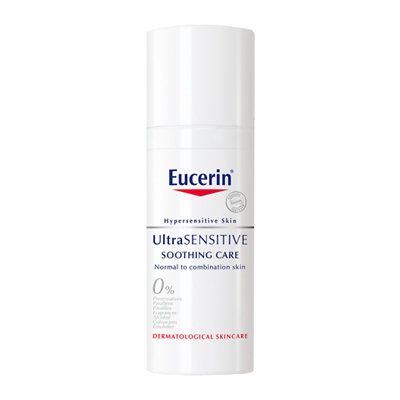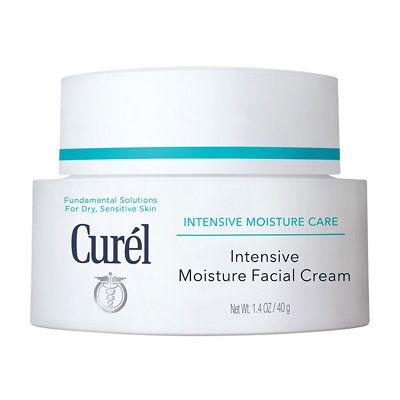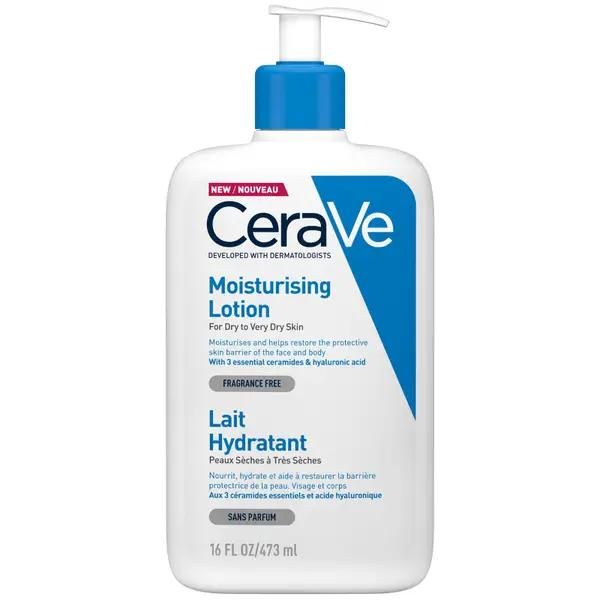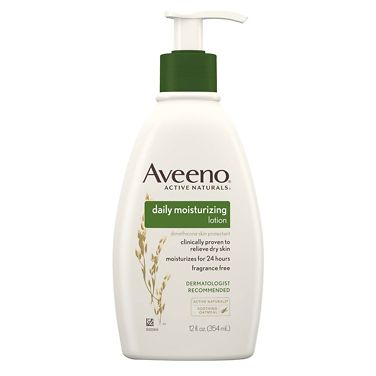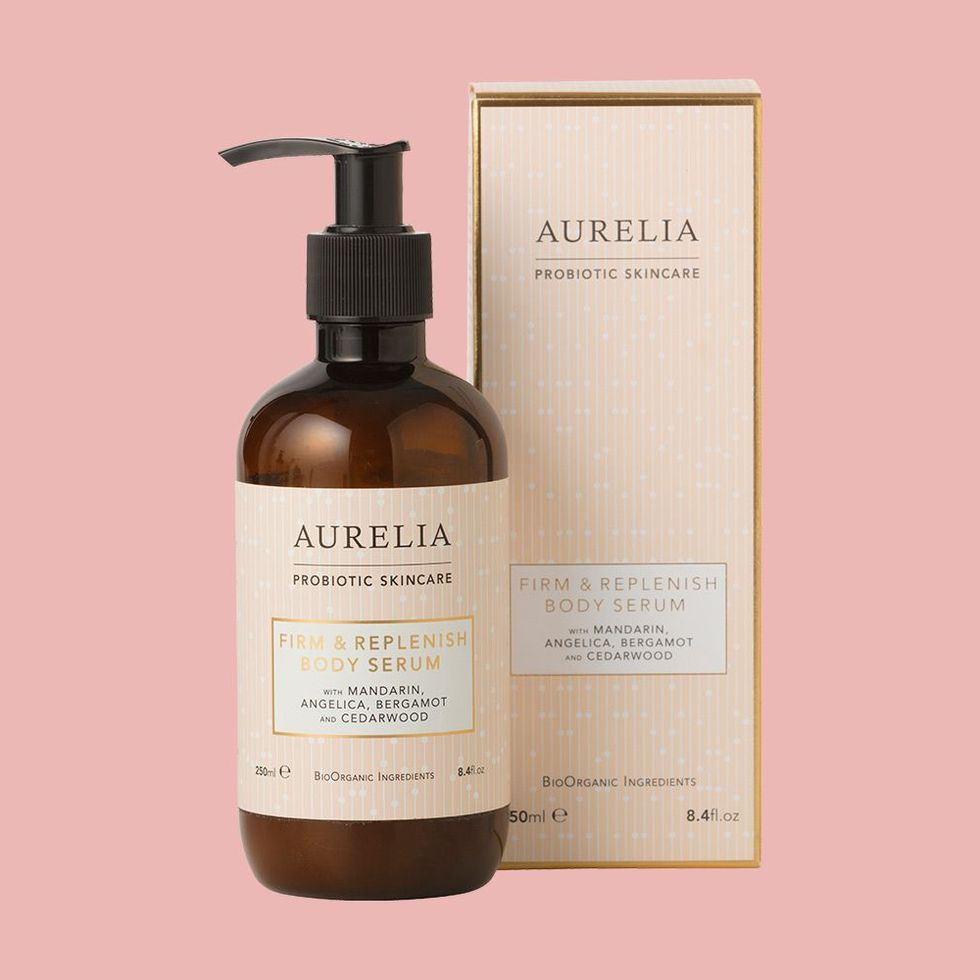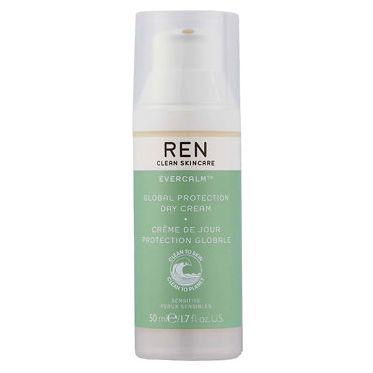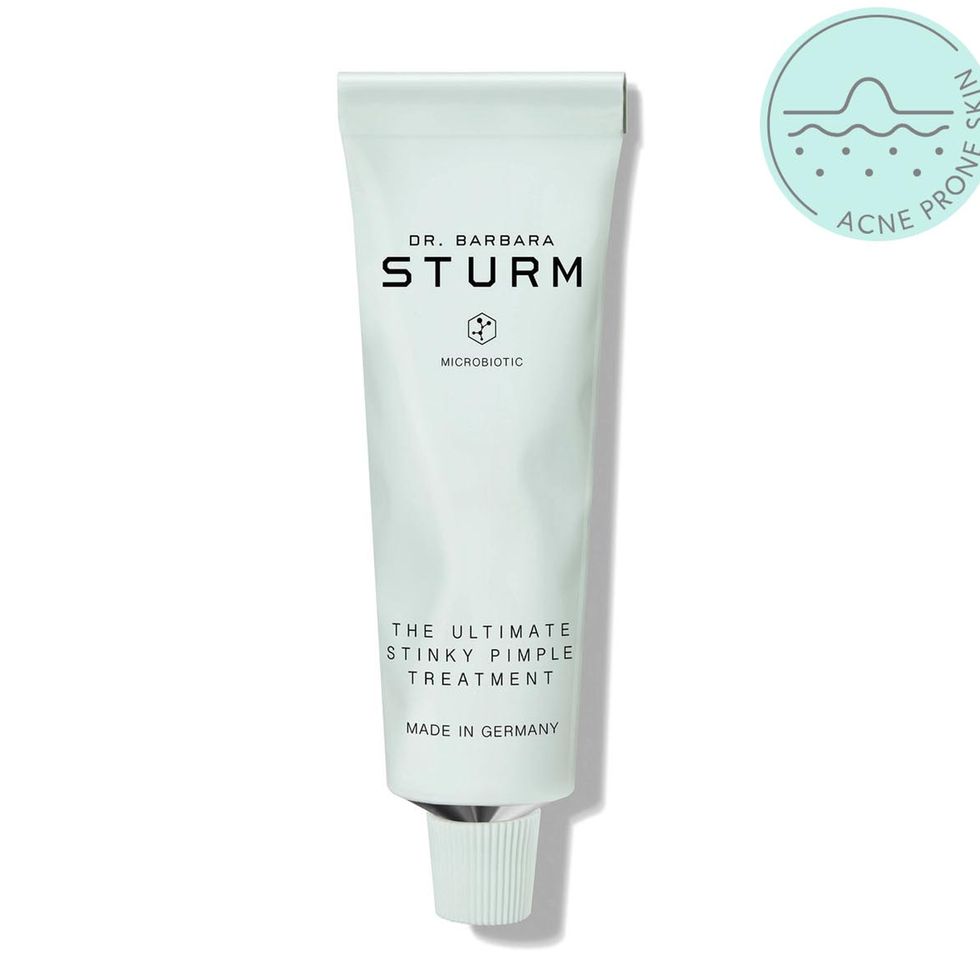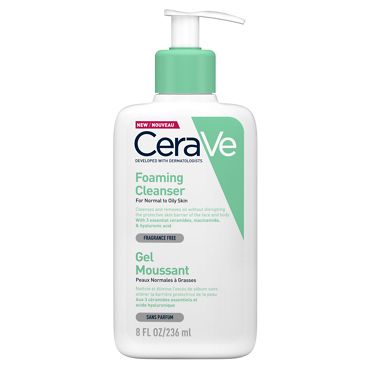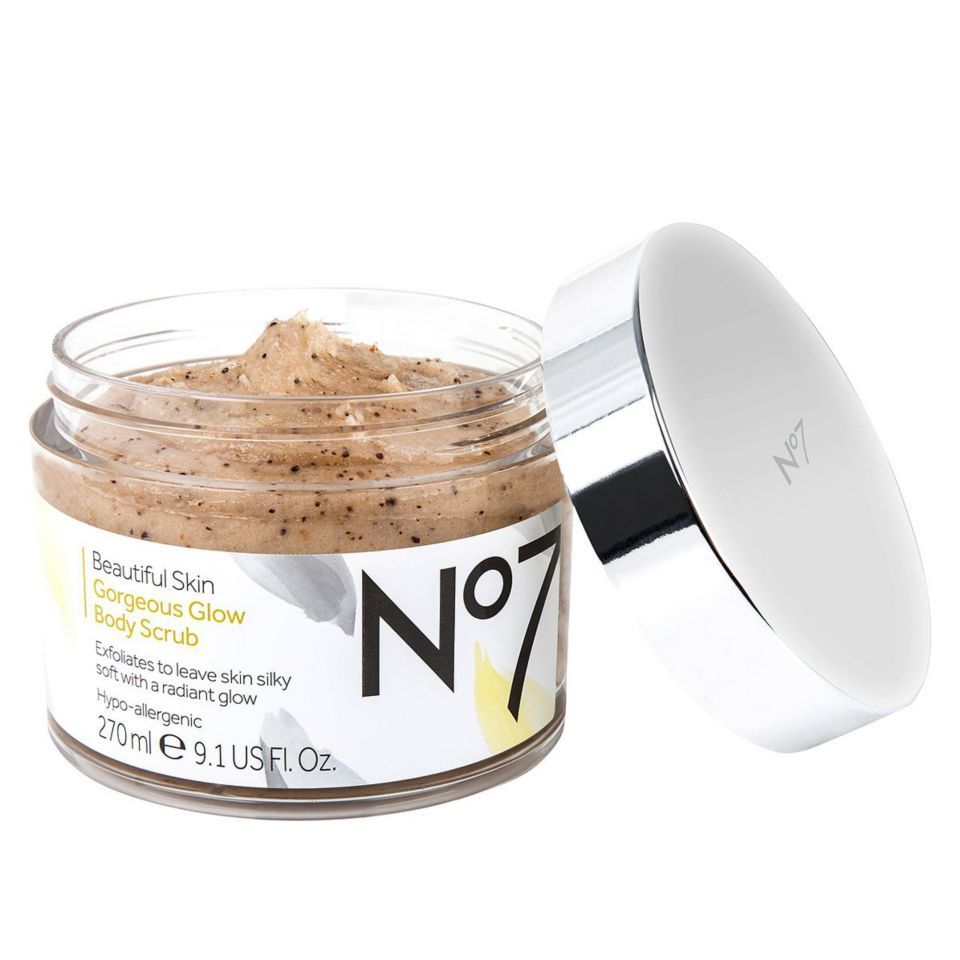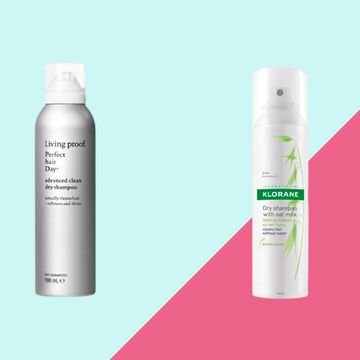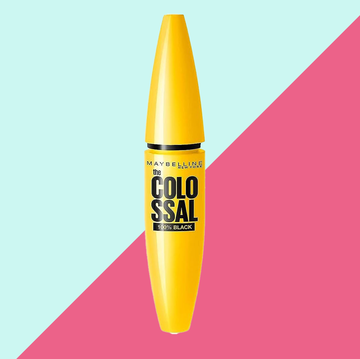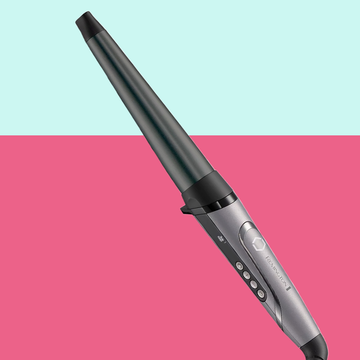We earn a commission for products purchased through some links in this article.
The best pregnancy-friendly skincare products to tackle acne, dryness and melasma
For the ultimate pregnancy glow

We talk a lot about that pregnancy glow, but less about the skin challenges pregnancy can pose. From acne to eczema and melasma, fluctuating hormones can have a big impact on your skin, so you may want to add some of the best pregnancy safe skincare products to your routine.
But with so many options out there, it can be hard to know what’s best to use during pregnancy. That’s where the Good Housekeeping Institute comes in – we’ve tried and tested the best cleansers, best moisturisers for sensitive skin, best vitamin C serums and best body scrubs. And we've used all those results to put together a list of products to address the most common skin concerns women experience while expecting, while ensuring they're also pregnancy-friendly, of course.
The best pregnancy-safe skincare
We’ve also spoken to Dr. Yuliya Krasnaya, specialist dermatologist at Evolution Aesthetics Clinic, to help inform and guide you on all things pregnancy skin.
Why does my skin change during pregnancy?
“Changes to your hormones, circulation, immune system and the increased weight of your growing bump can all affect your skin’s appearance and sensitivity,” says Dr Krasnaya. These are some of the most common skin changes you can experience during pregnancy.
Acne: With a surge in hormones – not unlike what we experience in puberty – that can encourage oil production, it’s not a surprise that breakouts and acne can be common in pregnancy. If this is a concern, head to our top-rated products for blemishes below.
Eczema: While some may find their eczema improves during pregnancy, for others it can worsen, and some can even experience it for the very first time. It causes dry, itchy red skin across areas including the face, wrists, ankles, elbows and knees. This is one for your doctor or dermatologist, but if your skin simply feeling more dehydrated, reach for one of our experts' best body oils.
Melasma: This is a form of hyperpigmentation, sometimes referred to as the “mask of pregnancy” as it can affect up to 50% of pregnant women. It appears as blotchy patches on the face and is triggered by hormonal changes, which cause a temporary increase in melanin production. It usually fades after pregnancy, but if it's a concern, a vitamin C serum can help to brighten the complexion.
Stretch marks: These occur when the skin is stretched, which means that eight out of 10 women can experience them during pregnancy. While there’s no way to eliminate them, hydrating lotions and oils can help to reduce their appearance by evening out skin tone and supporting elasticity. You'll find our top performers below.
What products are good to use during pregnancy?
To keep skin plump and rejuvenated, Dr Krasnaya recommends an extra hydrating daily moisturiser. “Keep your skin hydrated with moisturisers containing ingredients such as hyaluronic acid,” she recommends.
And, if you aren't already, ensure you're using a daily SPF 50 on your face, helping to protect against melasma and increased sensitivity to sunlight, which some women experience during pregnancy.
In general, can we assume that most skincare is safe to use during pregnancy?
It’s generally best to keep it simple during pregnancy as, due to hormonal fluctuations, your skin may behave differently to normal. Commonly used ingredients such as niacinamide, vitamin C, azaleic acid, hyaluronic acid and glycolic acid are all considered safe for use during pregnancy.
Can I use retinoids while pregnant?
Most dermatologists wouldn’t recommend using retinoids, a type of vitamin A, during pregnancy. There's no conclusive evidence that they're unsafe; they just haven't been tested on pregnant women. For ultimate peace of mind, they're easily swapped out for the plant-based alternative, bakuchiol, which has the same gene expression as retinol, without running the risk of irritation.
Similarly, due to the lack of studies, some experts recommend caution around oxybenzone, an ingredient used in chemical sunscreens. If you prefer, you can use a mineral sunscreen instead.
How we test
The Good Housekeeping Institute has worked with over 300 panellists to find the top-performing face washes, best moisturisers for sensitive skin, best body scrubs, and best vitamin C serums for different skin concerns. Testers fed back on formulations, scent, texture and packaging, as well as overall performance. They also told us on how effectively the product treated any key skin concerns, such as redness, blemishes, irritation, itchiness, dryness and tightness.
We then pulled out the top-performers for tackling the most common pregnancy skin concerns, and our in-house expert vetted the ingredient lists to narrow down the ones that are also pregnancy-friendly. Read on for their top picks.
Always consult your GP or dermatologist if you have any concerns or questions about which products to use during pregnancy.
Maria is our Beauty and Grooming Testing Manager, and since joining in mid-2022, she has managed the testing for mutiple categories including scalp scrubs, collagen supplements and retinol serums. In addition to her master's degree in chemical engineering and a diploma in cosmetic science, she recently received her MBA from the London College of Fashion, focusing on case studies within the beauty industry. Prior to joining the company, she worked within the global technical team at the Estee Lauder Companies for over six years, collaborating with the chemists and engineers to launch luxury beauty products at scale and to quality. She has also worked as a formulation scientist within the pharmaceutical industry and takes this evidence based approach into all her product testing.


The best heated rollers for big bouncy waves
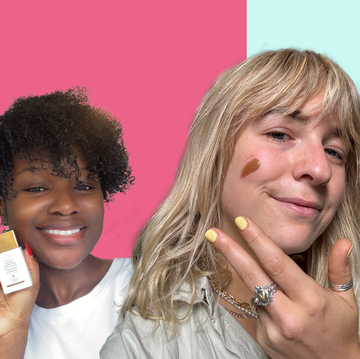
We review Drunk Elephant's sell-out bronzing drops
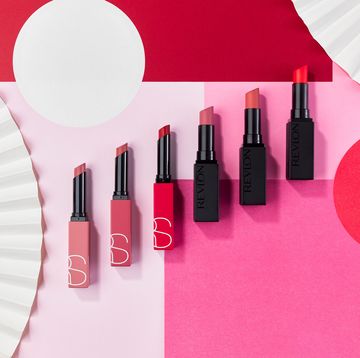
The best long-lasting lipsticks
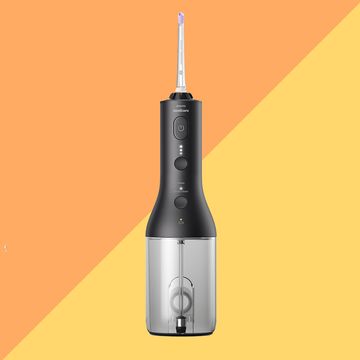
9 best water flossers for a dentist-like clean
